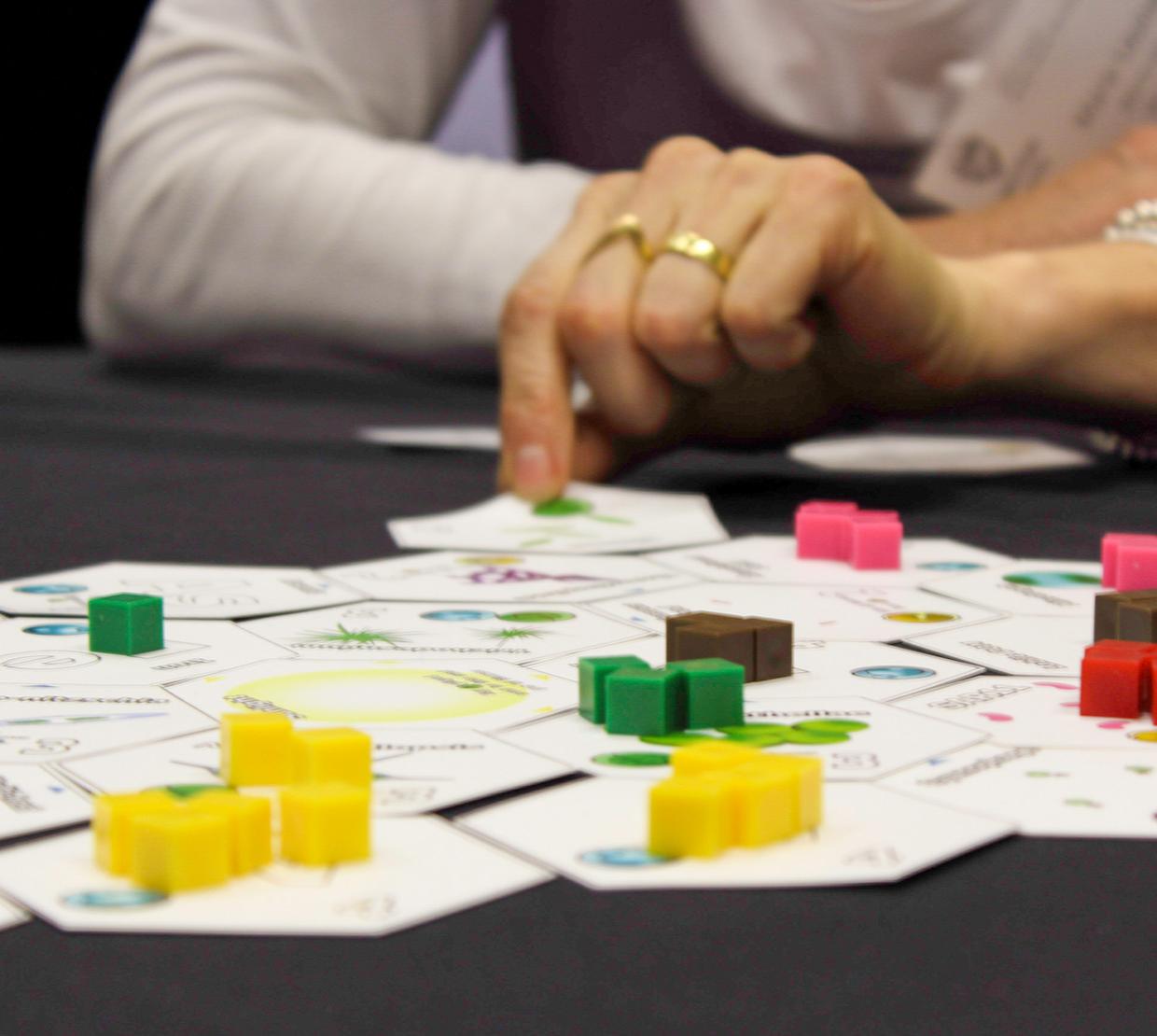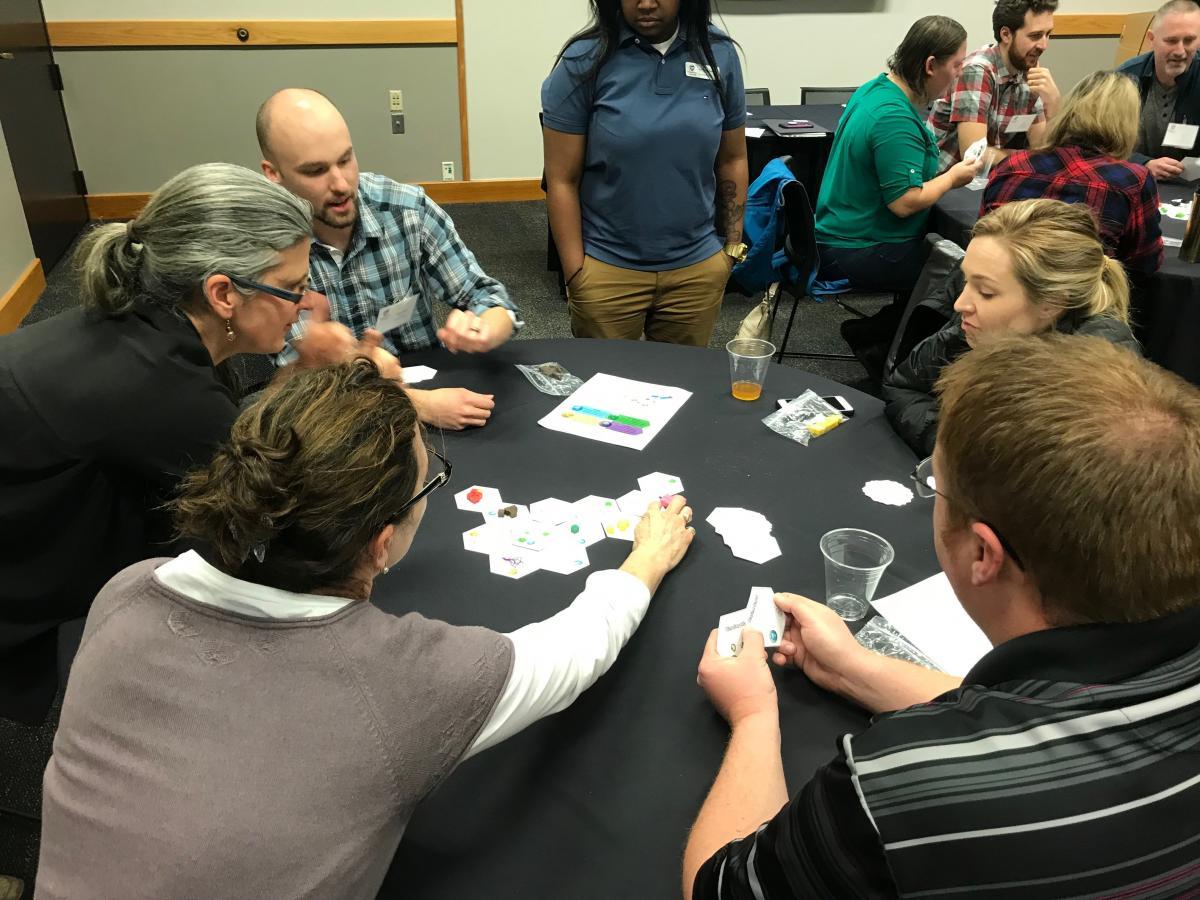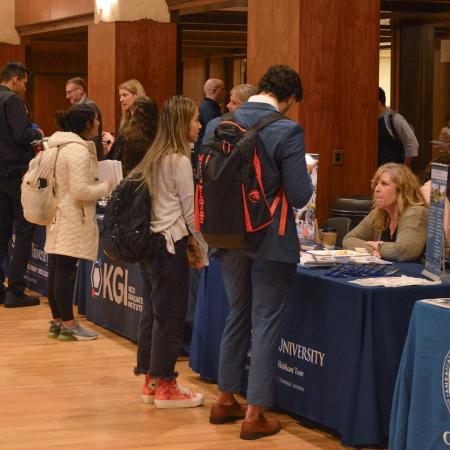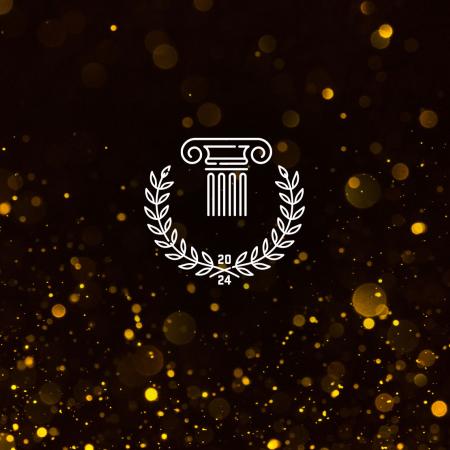The Giovannoni lab works with OSU's SMILE (Science and Math Investigative Learning Experiences) Program to enhance science education for elementary through high school students. The SMILE Program targets schools serving minority, low-income, historically underrepresented, and other educationally underserved populations. SMILE uses an experience-based learning model to engage and inspire students with the ultimate goal of increasing success in higher education and participation in STEM careers.
Our lab developed a SMILE instructional unit, Carbon Cycling by Marine Microorganisms, to introduce students to the importance of marine systems in the global carbon cycle. This unit includes a hands-on laboratory activity designed to study the impacts of nutrient limitation by stimulating a phytoplankton "Bloom in a Bottle." Students must use scientific methods, from making an initial observation to the development of testable hypothesis to find a solution. Following this exercise, they use smartphone-aided observations of their experiments to make conclusions and generate additional hypotheses. This active learning model is intended to inspire curiosity of the natural world, and to demonstrate how science is largely based on investigation. The Bloom in a Bottle exercise, as well as additional associated instruction material (handouts, lectures) are available on the SMILE Program website.
New this year, graduate student Quinn Washburn has developed an instructional board game called Oligotrophic. Oligotrophs are organisms that thrive in an environment that offers very low levels of nutrients. They are characterized by slow growth, low rates of metabolism, and generally low population density. Oligotrophic environments include deep oceanic sediments, caves, glacial and polar ice, deep subsurface soil, aquifers, ocean waters, and leached soils as well as subtropical ocean gyres that cover a substantial portion of the Earth's surface. Marine microbes in these environments form the basis of life in the ocean and perform 50 percent of Earth's primary production.




